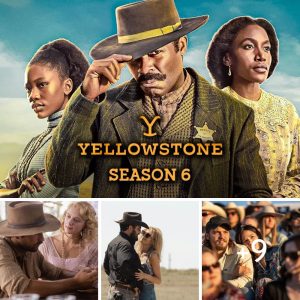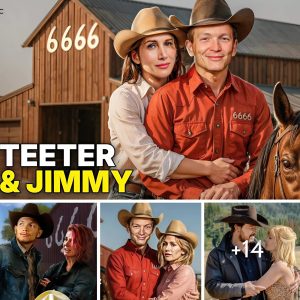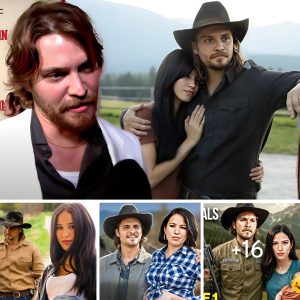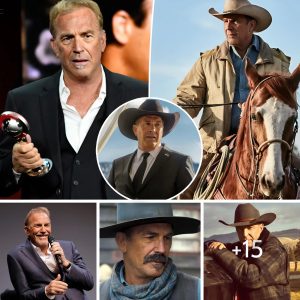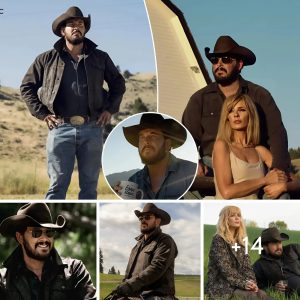
The digital bonfire was lit with a single spark: “Breaking Yellowstone Movie Spin-Off Update Sparks Major Fan Reactions.” For those steeped in the rich, dusty lore of the Dutton empire, these seven words weren’t just a headline; they were a thunderclap, echoing across social media feeds and igniting a veritable maelstrom of speculation, fury, and fervent hope. This isn’t just about a movie, or a spin-off, or even the sprawling, iconic Yellowstone universe; it’s a microcosm of modern fandom, a vivid illustration of the passionate, often volatile, relationship between creators and their deeply invested audiences.
At its core, the Yellowstone phenomenon is built on a foundation of fierce loyalty. Fans haven’t just watched the series; they’ve lived in its world. They’ve ridden alongside John Dutton, mourned with Elsa, and witnessed the brutal, beautiful tapestry of a family fighting for their land, their legacy, and their very soul. The characters are not mere fictional constructs; they are kin, forged in the crucible of Montana’s breathtaking, unforgiving landscape. When a narrative becomes this deeply ingrained in the cultural psyche, it ceases to be solely the property of its creators. It becomes, in a very real sense, a shared heritage, a collective dream. This profound emotional investment is the fertile ground from which major fan reactions inevitably sprout.
The “update” itself, whatever its specific contours – perhaps a controversial casting choice, a jarring narrative pivot, or the unceremonious departure of a beloved character – acts as the initial tremor. The immediate aftermath is a cacophony of digital responses. On Twitter, hot takes proliferate like wildfire, a rapid-fire exchange of emojis ranging from angry red faces to celebratory clapping hands. Reddit threads become battlegrounds, meticulously argued paragraphs clashing with accusatory one-liners. TikToks unfurl, ranging from tearful testimonials of betrayal to satirical skits mocking the very outrage they portray. Some fans cheer, seeing the update as a bold, necessary evolution; others decry it as a betrayal, a dilution of the sacred narrative. The nuance often gets lost in the rush to be heard, creating echo chambers where every dissenting opinion is met with a torrent of digital vitriol.
This volatile reaction illustrates the evolving dynamic between audience and narrative in the age of instantaneous information. No longer are fans passive recipients of storytelling; they are active participants, armed with platforms that amplify their voices to unprecedented degrees. They feel a sense of ownership, a right to weigh in, to demand, to critique. When a show like Yellowstone, known for its creator Taylor Sheridan’s singular vision, suddenly shifts course or introduces an element that deviates from perceived expectations, it’s akin to a seismic shift in the Dutton ranch itself. The fans, having invested their time, emotion, and often their identity into the story, feel a proprietorial sting. It’s not just a movie; it’s their movie, their story, and any deviation can feel like a personal slight.
Yet, this explosion of passion also underscores the immense power of good storytelling. For all the digital bickering and performative outrage, the underlying current is one of genuine care. Fans wouldn’t react with such fervor if they didn’t deeply, truly love the world Taylor Sheridan has built. Their reactions, however raw or unfiltered, are a testament to the magnetic pull of characters like Rip and Beth, the moral complexities of the ranch, and the enduring allure of a modern Western epic. The “major fan reactions” are not merely a sign of discontent; they are the reverberations of a story that has struck a profound chord, a story so potent it can inspire both adoration and condemnation in equal measure.
